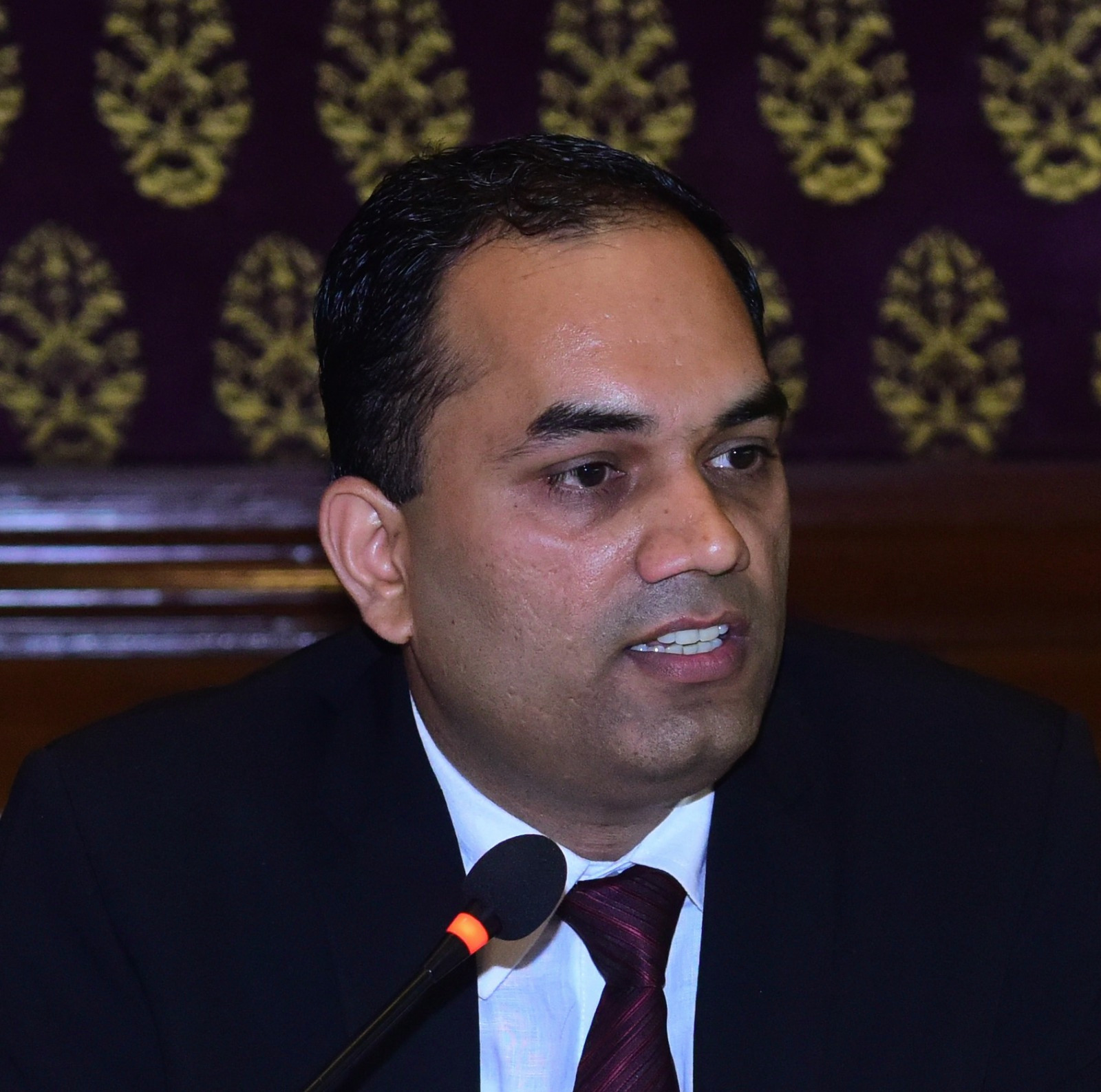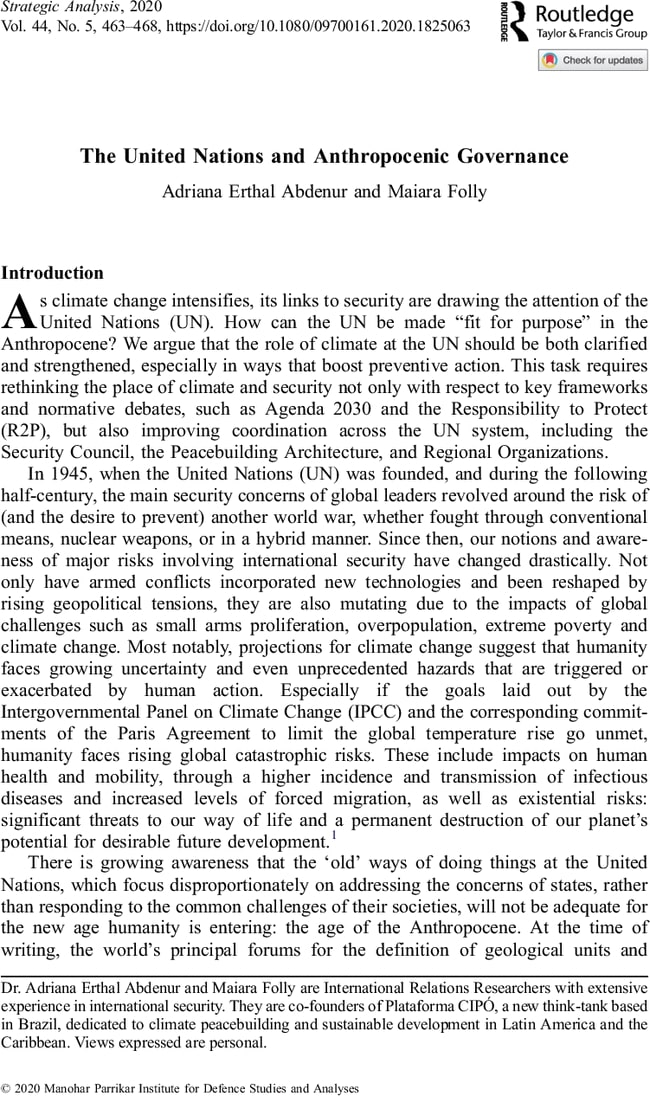Multidimensional Peacekeeping Protection Mandate and Recalibration of the UN Military Peacekeepers
The United Nations has introduced a layered approach to UN peacekeeping operations (PKOs) with wide-ranging enablers based on many reviews. Accordingly, a new resolution on the protection of civilians (POC) was adopted by the UN Security Council in 1999. The study attempts to understand the complexities of multidimensional PKOs, POC, 2019 policy, specific role of the UN military force and the need for new structuring and training of the UN military presence in the mission areas.
A ‘Regional’ Intervention in the Debate on India’s Strategic Culture: Maratha Statecraft in Agyapatra
Existing scholarship on India’s strategic culture pronounces on it either based almost entirely on India’s post-independence strategic behaviour with some references to the pre-independence period or on select historical experiences and texts. For a large part of its history, however, the Indian sub-continent has been under ‘regional’ rulers, ranging from small to very large kingdoms. There are traditions that emanate from them that are as much part of the Indian strategic culture as the pan-Indian phenomena.









